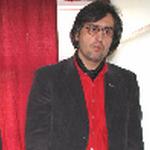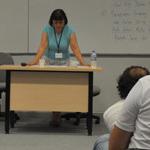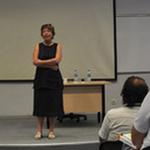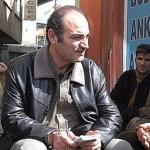Journalist Birand's Confession on PKK News
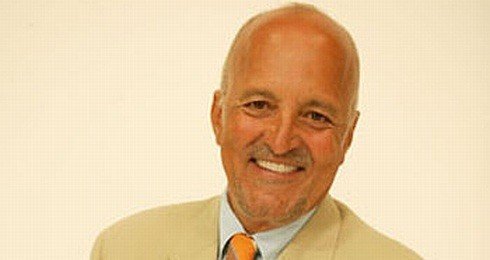
Journalist Mehmet Ali Birand admitted in his column on Wednesday (13 October) that news about the militant Kurdistan Workers Party (PKK) were depicting scenarios that were the "product of imagination". In his column entitled "Let's not dream. The PKK cannot be liquidated like this" he stated that once the news is published, they started to believe it themselves and with them the police and the military.
Birand, who is writing for the nationwide Posta and Hürriyet newspapers, wrote, "The liquidation of the PKK has been the topic of discussion and present in the media for a while. A part of these news is being created by us".
"We report about visits of ministers, talks of the Prime Minister, special conversations between bureaucrats but only a part of it is true. The other part is a scenario we create out of our imagination. Even though we know that these scenarios cannot be based on real data, we believe it ourselves. After a while, we go even further and start commenting the issues based on these scenarios".
"The really serious and dramatic side of the story is that our politicians, police and even the military believe that the PKK can be liquidated like that. They have been applying the same methods for years but they do not succeed. Nevertheless, they are still insisting on them".
"Öcalan cannot be ignored"
About the PKK Birand wrote, "The PKK can be called an international company or institution or even an international political party with well-functioning cash recourses. It is well organized in Europe and slowly prepares to shift from terrorism to politics, currently using terrorism for tactical reasons once in a while".
"They have political representatives in almost all European countries. The media works quite well and, even more important, there are millions of unshakeable supporters."
Birand highlight in his column that the PKK should not be underrated. "Whatever they say, it is time not to ignore Öcalan's influence".
Başlangıc: "Media has been ignoring rights violations against Kurds for 30 years"
bianet talked to journalist Celal Başlangıç about Birand's column. He said, "The people living in the South-East did not discuss the dimension of human rights in the media because there are Kurds involved. Now they are writing superficial things because they do not know the subject area". He claimed that the media has not reflected the reality of the situation since 1980.
Başlangıç explained that he went to the South-East for the first time in 1982, "We had to thoroughly discuss what we were going to write about the people living in the region. The word 'Kurd' was a taboo. In 1989, in the course of the trial regarding villagers from Cizre Yeşilyurt who were made to eat excrements, the villagers spoke Kurdish which was registered in the minutes as an "unknown language".
"The ones writing about rights violations were blamed"
Başlangıç indicated that he had been threatened like a number of other journalists because he wrote about the Kurdish question. His name supposedly appeared on death lists of JİTEM (the clandestine and illegal Gendarmerie Intelligence Anti-Terrorism Unit) and eight different trials were opened against him under charges of "spreading propaganda for a terrorist organization". He recalled how he was investigated by the military and said that the professional solidarity had been very weak.
"Some of my friends even told me to leave the writings about Kurds and report on sports instead. The journalists looked at us the way the state did. In their eyes we were PKK members. Some colleagues even went as far as accusing us of being paid by the PKK. Nobody wanted to see the issue of human rights violations in the South-East. The incidents were not being considered under the aspect of human rights because there were Kurds involved", Başlangıç argued.
"Journalists are superficial"
In the interview with bianet, the journalist pointed out that journalists who do not know the region made superficial comments on the issue.
"Now they can call the Peace and Democracy Party and the PKK terrorists. Or they can say the PKK should put down their weapons. So why did the PKK go to the mountains, why should they put down their weapons without a reason? This is a question we have to answer".
"The issue has gained an international dimension; Kurdistan was established in Northern Iraq and brought it yet to another dimension; the state and the government are giving voice to this issue - all these developments have their share in this issue". (SP/VK
5 Children and 3 Adults Killed in Şırnak in 15 Months

RIGHTS OF THE CHILD
Headscarf as Potential Reason to Take Children from Their Families
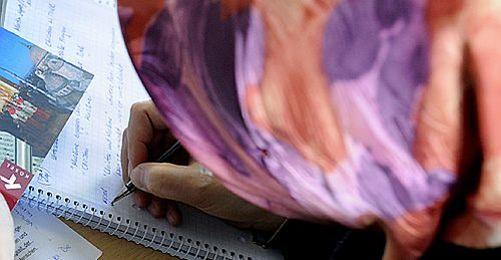
Kurdish Singer Was Granted 10 Percent of Compensation Claim
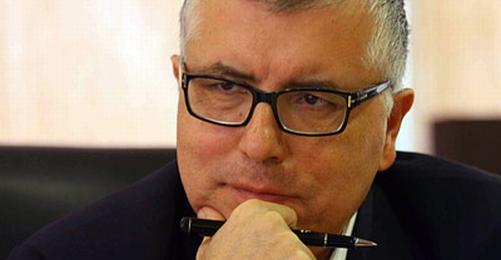
7th Istanbul Gathering for Freedom of Thought

Headscarf Ban at Universities Softened






